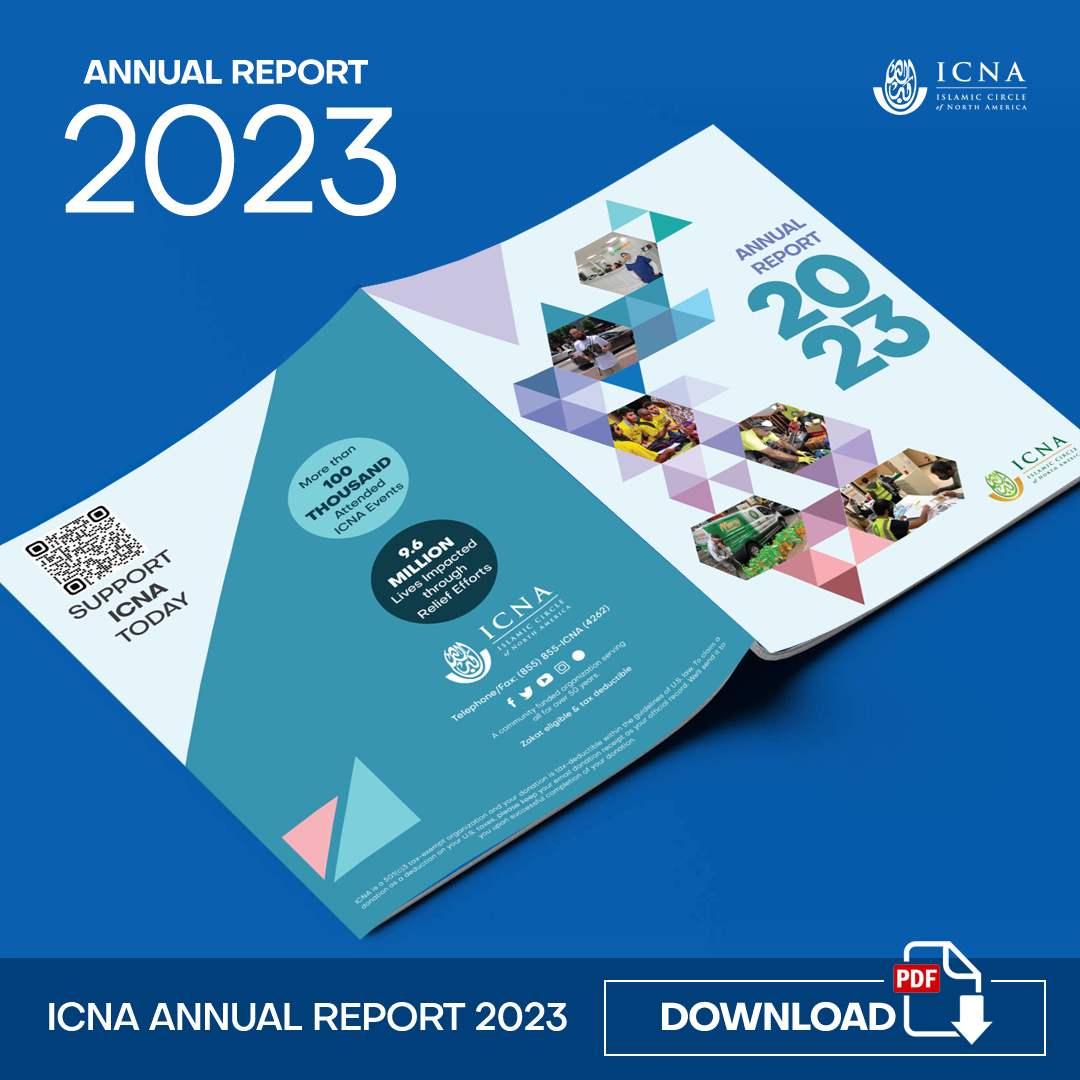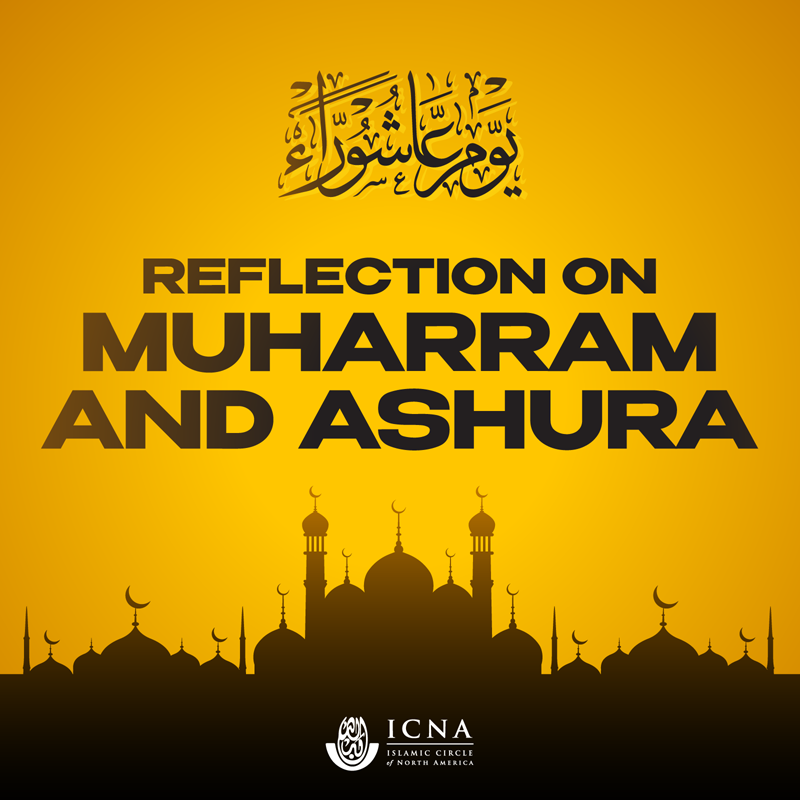

An Interview with Devalle Muhammad- Social Service
Coordinator and Prison Outreach Chaplain for the Muslim Community of Knoxville, TN
- Tell us a little bit about yourself
My name is Devalle Muhammad, and I live in Knoxville Tennessee. I am the Social Service
Coordinator and Prison Outreach Chaplain for the Muslim Community of Knoxville (MCK). Having spent time within the State’s penal system I am intimately aware of the trials and tribulations Muslims must endure while incarcerated. As a result, we here at the MCK are in our second full year of being perhaps the only outside community within the State of Tennessee with a consistent program of volunteer chaplains conducting weekly Jumu’ah Khutbahs, Ta’alims and Eid commemorations in three separate State-run facilities. Alhamdulillah. We are looking to expand our reach through regional cooperation with other outside communities throughout this State in shā Allah. In doing so we can build on the active Dawah model established and reach more Muslim brothers and sisters in this condition. Providing spiritual upliftment, sound Deeni instruction, and preparation for eventual reintegration into society on sound Islamic footing.
- What is the state of US prisons today?
With the highest incarceration rate in the world prisons across this country continue to face
challenges with overcrowding, inadequate healthcare, staffing shortages, and a myriad of issues related to racial disparities and systemic injustices within the criminal justice system. Efforts towards reform are ongoing, with initiatives focused on reducing rates of incarceration, implementing rehabilitation programs, addressing root causes of crime, and introducing reentry services.
- What are the difficulties in fasting, praying, and observing religious holidays in prison?
The problems faced are consistent throughout the U.S. penal system. Fasting presents
the dilemma of serving suhoor and iftar provisions on time. Moreover, the foods provided for these meals-when they are served-are lacking adequate nutritional value forcing Muslims to rely on either carbohydrate-laden commissary items they must purchase themselves or run the risk of disciplinary action for stowing away food items from the dinner halls. All these efforts attempt to have provisions for evening or pre-dawn meals. Insofar as prayer is concerned, finding suitable space within the confines of a prison environment can be difficult at times. Some prisons may not provide designated prayer areas, or they may limit prayer sessions, and or attendance. This can make it difficult for Muslims to fulfill their religious obligations and maintain their spiritual connection. Finally, observing Eid al-Fitr and Eid al-Adha can be challenging in prison settings. Restrictions on gatherings and a lack of mechanisms to allow for holiday meals can impact and diminish the
significance of these occasions for the Muslim population.
- Are people able to access education, attain life skills, and plan for a positive reintegration experience while in American prisons? Tell us more about that.
The short answer is yes. Despite its plethora of issues, education, life skills, and planning for
positive reintegration are possible within the U.S. prison system. In fact, as a matter of policy,
institutions offer two of the three components mentioned above which can enhance the prospect for positive reintegration. What is vital to the equation however is the focused will of the individual to take advantage of what is offered. That first step of responsibility is the key to future success.
- Is there anything that you would change about the US Prison System?
Yes. Addressing excessively lengthy sentences and how they are carried out.
- How can we help people currently serving time in prison right now?
The easiest way to make a difference is to get involved. There is a desperate need for outside
communities to provide volunteer chaplains willing and able to enter penal institutions and do
Dawah. Muslim populations suffer similar abusive conditions throughout the country whether it’s a lack of Islamic spiritual guidance, yearly Ramadhan drama, access to adequate places and times for prayer, nutritional halal daily diet options or a proper Islamic burial in the event of death. Put another way, incarcerated Muslims are buffeted about like discarded wool. The common denominator of these situations is the lack of direct Muslim community involvement.
As a seed, this prescription, if planted and nurtured, will grow, in shā Allah.
- What’s one thing you would like people to know about US prisons, incarcerated people, and the criminal justice system?
I will start by qualifying what I will say by stating that Allah Subhaanah Wa Ta’ala grants us all voluntary will. We all have choices. Those choices, however, can be shaped or influenced by a myriad of factors. At the end of the day, it remains our choice. That said, it is critical to understand that US prisons are an industrial complex. Its roots can be traced to 1865 and post-Civil War attitudes towards slave labor perpetuation. The various components that make up this industrial complex work hand in glove to maintain the fuel that keeps the engine running. There are very few evil people. Many prisoners are there because of the various pipelines the system has in place that encourage or exacerbate unchecked passions, untreated latent trauma, or addictions to medicate a wounded soul. This does not happen overnight. It is a process that develops over time. Many people in prison made a mistake-they may be guilty-but they recognize it was a mistake and do what they can to make amends. These people, if given a chance, will be productive citizens once back in society. Finally, the criminal justice system itself; it is neither fair nor blind when it comes to justice.





